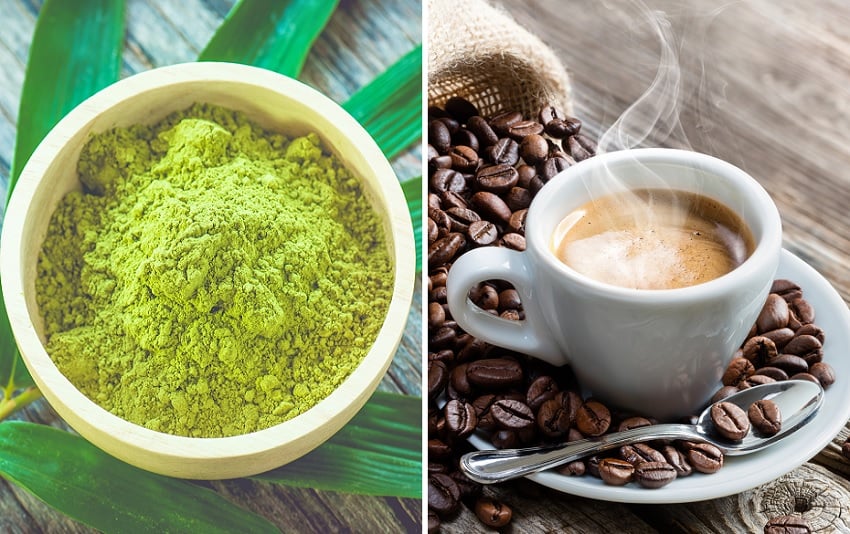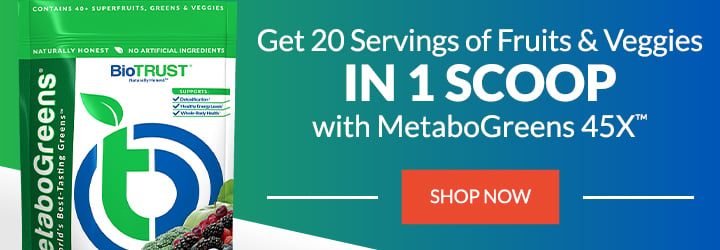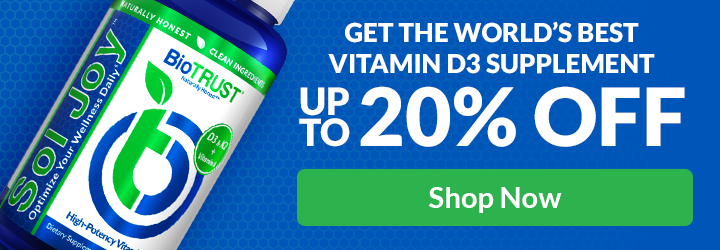Matcha vs. Coffee: Pros, Cons and Which is Better?

Caffeine can be a natural stimulant, and one of the pick-me-ups that folks need, especially to get them out the door in the morning without incident. As many of us are aware, there are many sources of caffeine—some of them more acceptable than others—that fuel our days and keep us going like the Energizer bunny to meet the demands of our often overloaded, overscheduled, stressful days.
While you could easily swing through a specialty shop and leave it up to the barista to pick your poison for the day, why not do some research of your own to select something that is not only going to give you the jolt you need, but not wreak havoc on your dietary goals?
I have decided to put two of my favorite “energy” sources head-to-head to see which caffeine source reigns supreme. Welcome to the matcha vs. coffee battle!
Matcha vs. Coffee: Beverage Faceoff
The Benefits of Matcha Tea
First entering the ring is matcha tea. Tea has long been recognized as a rich source of flavonoids, bioactive compounds that can lessen oxidative stress, relieve inflammation, and provide other health benefits. Other studies have shown teas may protect your teeth and the heart and even possibly help to stave off disease. At the very least, if you love the flavor, drinking tea can be an easy way to ensure you drink enough fluid throughout the day.
Originating in Japan, matcha tea has been around for hundreds of years. In fact, Buddhist’s monks used to drink it to help them meditate and focus for long periods of time. It has a calming effect because it is rich in an amino acid, L-theanine, which is found uniquely in tea plants to help promote peace but also increase alertness. Kind of like the best of both worlds.
Green tea is also known to help reduce anxiety levels as well as stress by suppressing stress hormones, decreasing blood pressure, and calming heart rate. In 2020, it was hailed as a “superfood,” and it’s long been considered a staple in the weight-loss arena.
The word “matcha” literally means powdered tea. So rather than steeping tea leaves with hot water, you are drinking the actual leaves, which have been finely powdered and made into a solution. This allows you to either drink it the traditional way, which involves adding to boiled water, or adding it to your favorite recipe.
How can you include matcha tea in a healthy diet?
- Sprinkle it over oatmeal or Greek yogurt.
- Make a healthy protein shake or smoothie.
- Make a delicious matcha latte.
- Have it as a shot—just blend it up and drink (if you dare).
- Make a warm and toasty mug of tea (even adding lemon and honey).
- Add it to any recipe such as baked goods for a yummy nutrient kick.
The Benefits of Coffee
You can walk into any gas station or diner and find a pot of brewed coffee ready to pour, but is this really the way to go? Often accompanied by colored packets of artificial sweeteners, heavy creams, various milks, and flavored coffee additives, this seems like the beverage of choice. I mean, it has widely been accepted as the “norm.” This is largely due in part to the caffeine boost it gives, which blocks an inhibitory neurotransmitter in your brain, thereby improving energy levels, mood, and various aspects of brain function.
A serving of coffee also provides a range of nutrients, such as:
- Riboflavin (vitamin B2): 11% of the Reference Daily Intake (RDI).
- Pantothenic acid (vitamin B5): 6% of the RDI.
- Manganese and potassium: 3% of the RDI.
- Magnesium and niacin (vitamin B3): 2% of the RDI.
All of these nutrients are outstanding, especially when you consider the other benefits. For example, coffee has been linked to a reduced risk for Alzheimer’s, Parkinson’s, fatty liver disease, and many other health-related concerns. But this is only when consuming a single serving of black coffee, which is not the way the general public typically enjoys it. I mean, there is a bitter, almost tart flavor to coffee that practically requires us to add things (like sugar or cream) to balance this out. But if you are savvy enough to select the right coffee beans, you can avoid this.
So how do you select the right beans to make black coffee enjoyable?
Much of this depends on the region where the coffee beans are harvested, and then there are several levels of roasting, which can be grouped into three main categories: light, medium, and dark.
A light roast provides the lightest, most delicate flavors and can often be more acidic. A medium roasted bean will have less acidity than lightly roasted beans and a slightly sweet, toasty flavor. Whereas a dark bean, when roasted, almost begins to caramelize, making the taste more bitter. The flavor of dark-roasted beans is considered to be “strong, smoky, and sometimes spicy.” For newbies to the black coffee game, I would recommend starting off with a light roast to allow your palate to adjust to the taste.
I was never really a “coffee drinker” until later in life (that is, after having kids), so I think it has been easier for me to adapt to non-sugar-ladened options. But I have friends who, when looking into their coffee mug, I wonder if there is even any coffee in there? It is more creamer and sugar with a splash of coffee.
One drawback for coffee is that it’s been known to cause some people heartburn or acid reflux because its consumption relaxes the lower esophageal sphincter.
Matcha vs. Coffee — Which is Better?
In the battle of matcha vs. coffee, both goose-egg it in the fiber department, although my previous claims that “coffee makes me poop” is still accurate. And while coffee has a measly half gram of fat, matcha has none. With regards to protein, coffee is still lackluster with 0.3 grams per serving, while matcha has 1 gram. Nothing really to write home about, but it’s worth noting.
However, when it comes to caffeine, a serving of coffee has a significantly higher count than matcha. And since most of us consume more than one cup of java, as opposed to one cup of matcha tea, that is something to consider. This is important because caffeine has been known to be not only addictive but may have potential health risks for females who are pregnant or nursing. But without getting into the thick weeds of that, they both can also provide a lot of health benefits as previously mentioned.
I would say they are pretty evenly matched, and it may come down to your personal preference. There is probably room in your diet for each of these caffeine sources, and as long as they fit well into your meal plan, why not include them both?
That’s my story and I am sticking to it. Stay healthy, friends.





 7 Signs Your Body is Seriously Low on Collagen (not just wrinkles)
7 Signs Your Body is Seriously Low on Collagen (not just wrinkles) Health Expert: "Turmeric Doesn't Work (unless...)"
Health Expert: "Turmeric Doesn't Work (unless...)" 3 Warning Signs Your Probiotic Supplement is a Total Waste
3 Warning Signs Your Probiotic Supplement is a Total Waste

